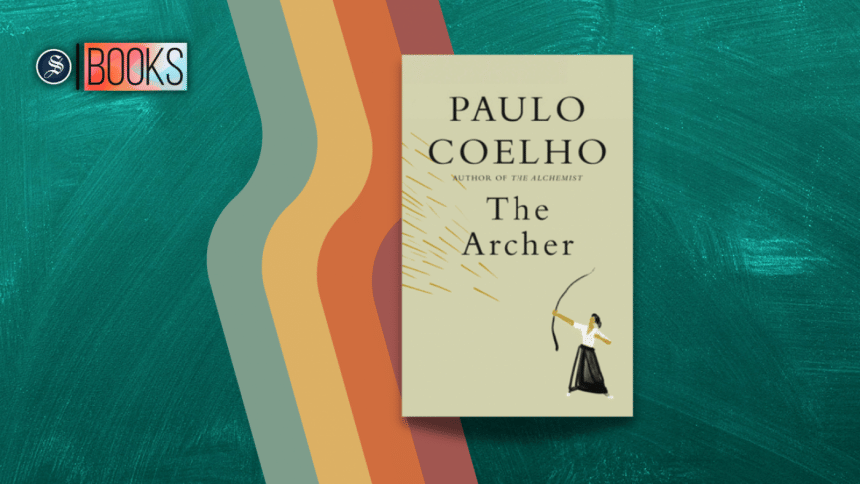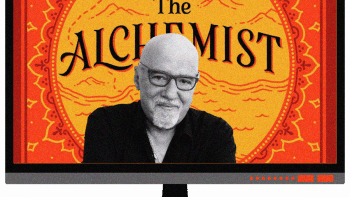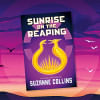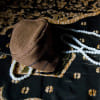Paulo Coelho, where are you?

I love it when Coelho's books start with a challenge or a quest, and The Archer (Penguin Random House, 2020), accordingly, does not fail to start with an intriguing pursuit. Upon reading the prologue, I thought I was in for a good read; it was rich and humorous, and in line with the writer's usual mystical tone.
The book follows the stories of Tetsuya, a once master archer who has since become a recluse, a stranger who travels a long way to prove that his archery skills are superior to that of Tetsuya's, and a little village boy who witnesses it all. The story reminded me of The Alchemist (first published 1988) and the pursuit of realising one's own legend, and I was thrilled at the prospect of discovering the quest through which the stranger overpowers his doubts and insecurities. Much to my disappointment, I found the following pages did not have a strong plotline, but were instead filled with advice for the little boy. Reading about the definitions, characteristics and the mechanism of bows and arrows, veiled by metaphors, was much too theoretical and dreary for me.
The story itself felt like reading motivational quotes on Pinterest instead of a book. I am personally not against motivational quotes, but lines like, "Join with all those who experiment, take risks, fall, get hurt, and then take more risks" sounded no different from fluffy Instagram motivational speech we come across everyday. Besides, they kept to their ill-repute of being badly written—sometimes too vague, too technical, and often, outright banal. For instance, "To hold the arrow is to be in touch with your own intention. You must look along the whole length of the arrow, check that the feathers guiding its flight are well placed, and make sure that the point is sharp". They stuck out even more because Paulo Coelho has always been a sophisticated writer. And even though the book adheres with the enlightening tone Coelho usually commands, it does not hold the reader's attention because it is not in touch with a compelling story.
I applaud Coelho for choosing a unique approach for this book and appreciate the pep talk and timely effort for advocating mental wellbeing, but cannot get over how cliched and generic the approach was in this book. I patiently expected this rambling to end and hoped for the story introduced in the prologue to take a turn; it never did. A 130-page book, with more than a quarter filled with illustrations by Christoph Neiman and half empty pages, The Archer did not come close to any of the other books Coelho has written previously.
We can't possibly know about a writer's motivation behind writing their books, but I do feel readers try to find the author's mark in their works. And I, despite being a fan, could not find Paulo Coelho in The Archer.
Oyessorzo Rahman Chowdhury is a humanitarian worker.

 For all latest news, follow The Daily Star's Google News channel.
For all latest news, follow The Daily Star's Google News channel. 










Comments